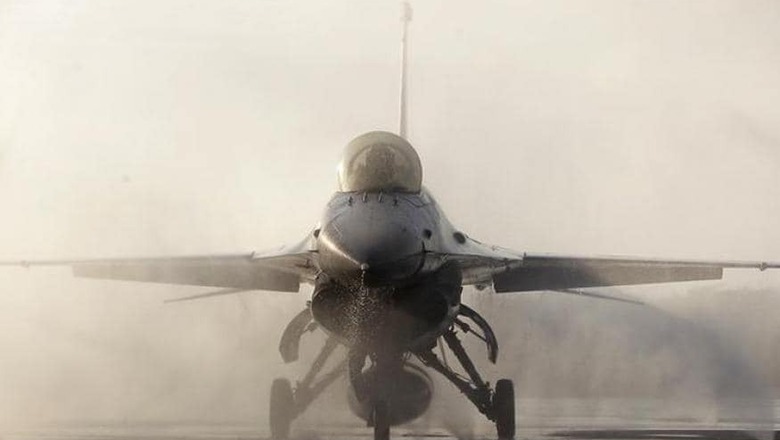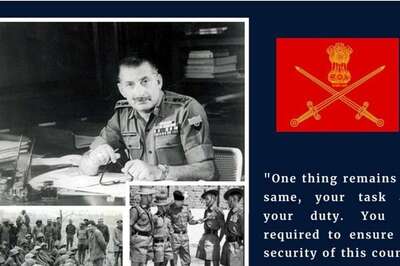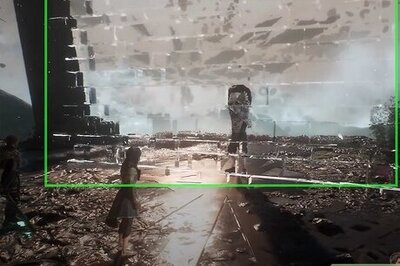
views
New Delhi: The world’s biggest combat aircraft order is likely to be pushed by another two years, according to a Bloomberg report.
According to a Bloomberg report, a senior Boeing Co executive said India will take another two years to pick the winner of the order.
Boeing is one of the frontrunners in the race to supply the Indian Air Force with 110 fighter jets. The company is also a finalist in a separate competition to supply the Indian navy with 57 fighter jets, according to a senior Boeing executive.
According to India’s Commerce and Defence Ministry rules, 85 percent of the order needs to be built locally. Reports state that the deal is likely to cost at least USD 15 billion.
Boeing said in April that it would partner with state-run Hindustan Aeronautics Ltd and Mahindra Defence Systems Ltd to manufacture the F/A-18 Super Hornet in India at a new facility, which can also be used for other requirements. Other companies in the running include Lockheed Martin Corp, Saab AB and BAE Systems Plc.
“We’ll throw our hat into the ring,” Alan Garwood, BAE’s director for group business development, said in an interview on Sunday. “We’ve seen the requirement and we’ve said we’ll put some sort of tender in.”
The British defence and aerospace company makes the twin-engine Eurofighter Typhoon jet.
Garwood said BAE had been making aircraft in India for 70 years, a key advantage given Prime Minister Narendra Modi’s requirement that the new jets be made in India.
Getting new aircraft is crucial for Modi as India faces increased risks from neighbouring Pakistan and China at a time when the Russian MiG fighters — India’s mainstay — are being phased out. The defence industry is a key part of Modi’s “Make in India” policy, which aims to promote domestic manufacturing.
After scrapping an order with Dassault Aviation for 126 Rafale jets worth $11 billion in 2015, a process that took nearly a decade, India bought 36 jets separately to speed up the process. Under the new tender, the winner will have to deliver the first jet within three years of securing the contract.
New Delhi had previously said that it was looking to replace its current fleet of combat aircraft with a single-engine jet, but subsequently announced that it would also consider twin-engine aircraft such as Boeing’s twin-engine F/A-18 Super Hornet.
Boeing’s Cunningham told Bloomberg that the change in direction meant that the timing of the Indian Air Force process was now about 12 months later than the Indian Navy.
“Certainly today, the Indian Navy timeline will conclude sooner than the Indian Air Force,” Cunningham said. “They would appear to us to be sequential, but I’m not assuming that they’re related.”




















Comments
0 comment